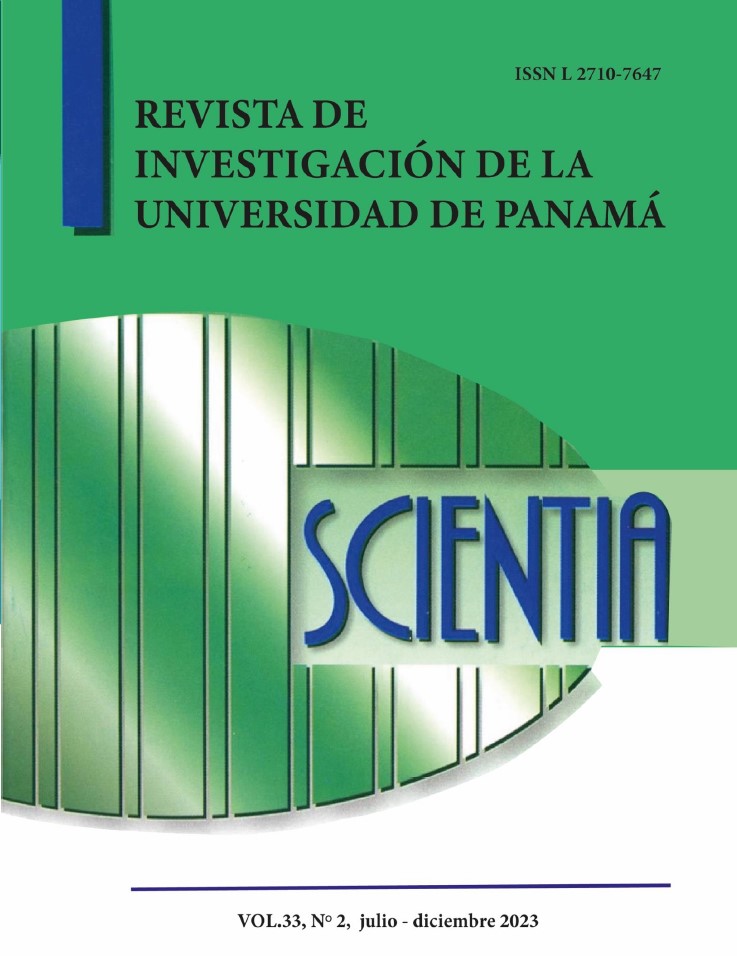

Copyright (c) 2023 Scientia

This work is licensed under a Creative Commons Attribution-NonCommercial-ShareAlike 4.0 International License.
Traceability in aquaculture and field studies requires reliable individual identification. Internal tags can aid identity record keeping and prevent typical external tag loss due to molting in Crustaceans. Here we present the first attempt at implanting passive integrated transponder (PIT) tags in the blue crab (Cardisoma crassum), in captivity, to evaluate their effect on general condition, weight, and mortality. Additionally, temperature records were logged during the experiment to evaluate its effect on crab condition. PIT tags were implanted by injection through the base of the fourth pereiopod. All crabs retained tags to term, and the smallest surviving tagged crab was 55.26 mm in cephalothorax width. Survival was 77.8%, and there was no difference in weight or condition factor as a result of tag implantation. Deteriorating crab condition was correlated with heat stress. Further aquaculture development must control heat stress in captivity to reduce mortality. PIT tags served as a reliable means for individual blue crab identification.